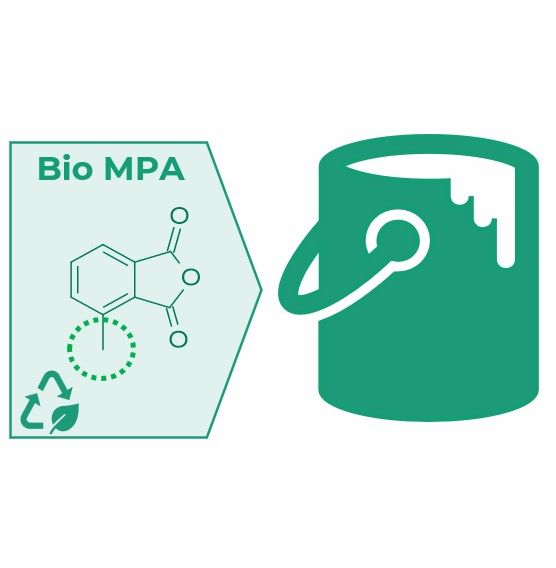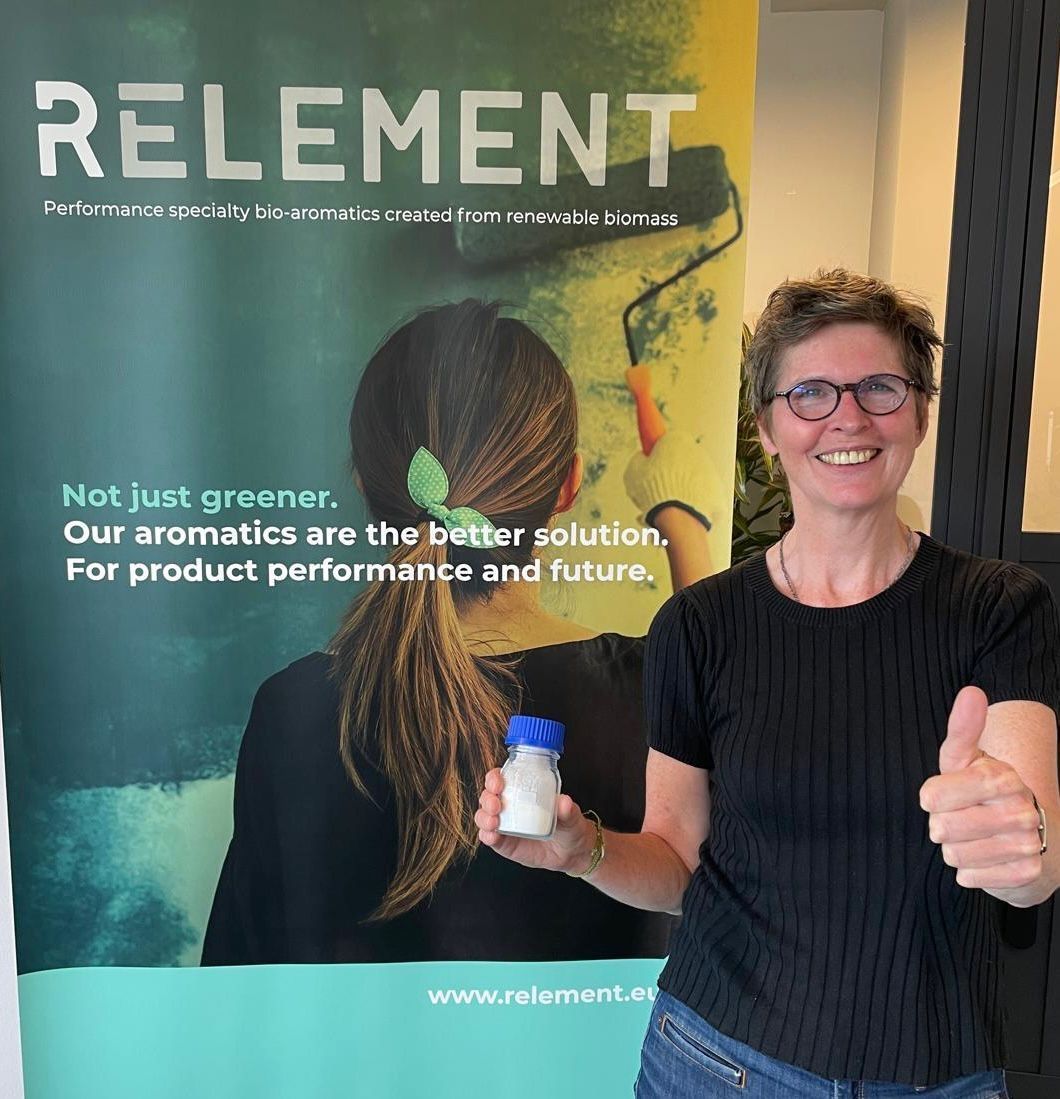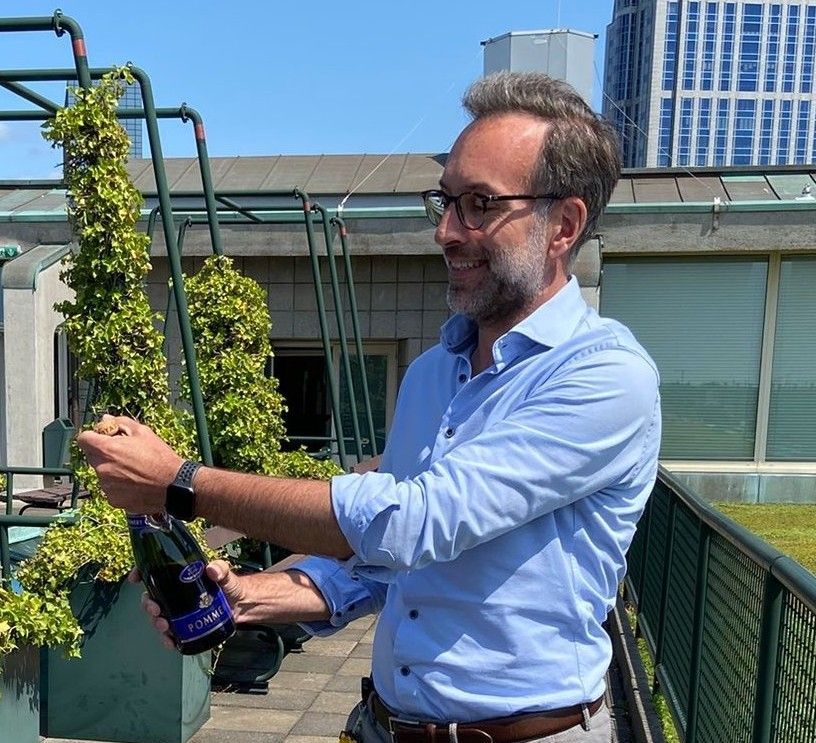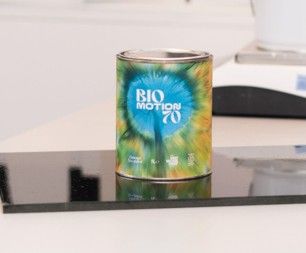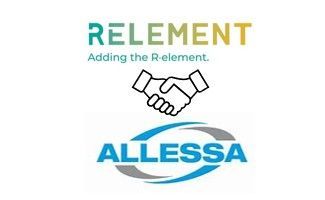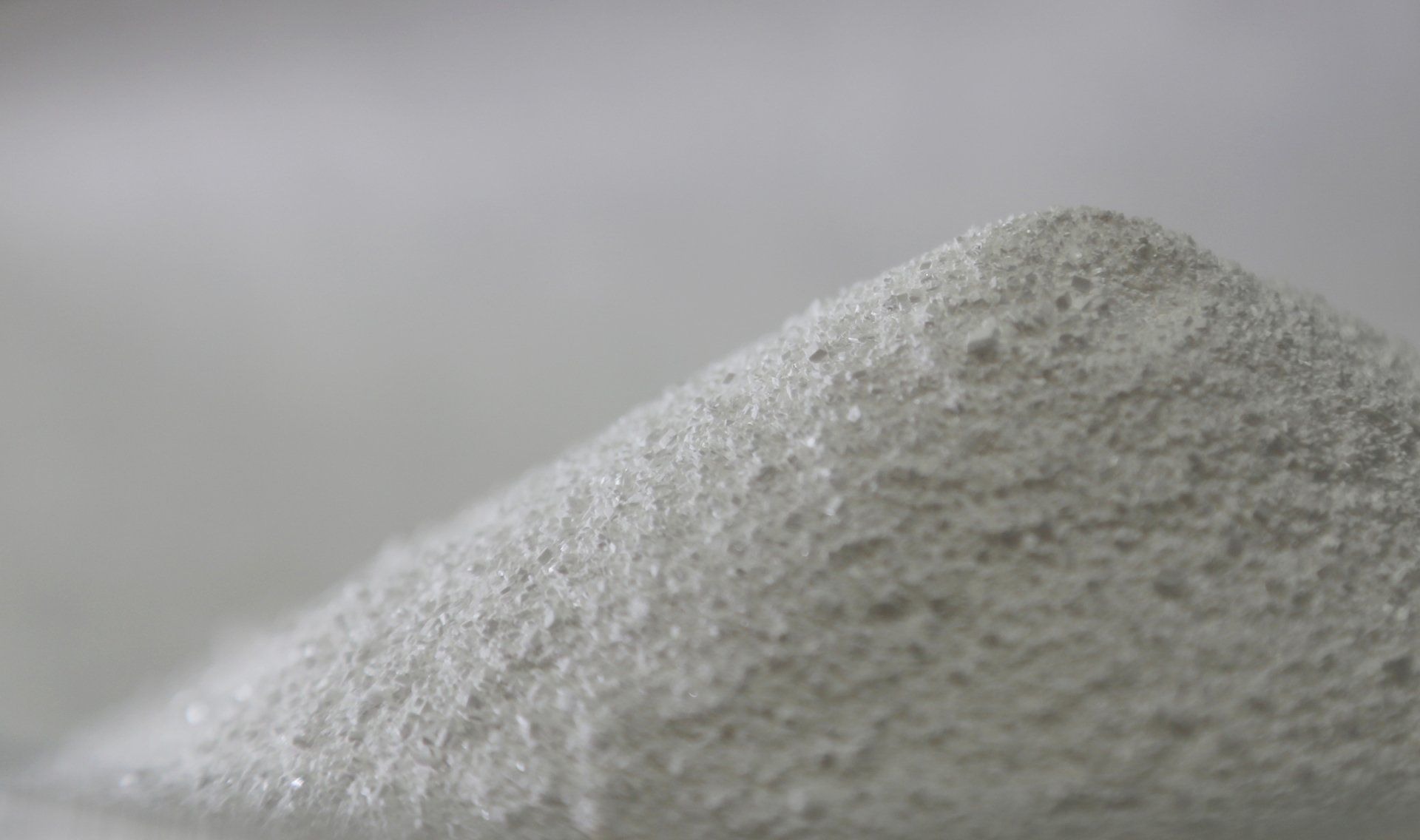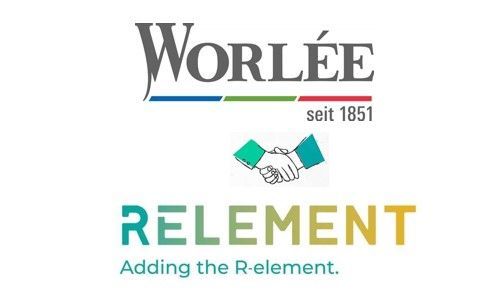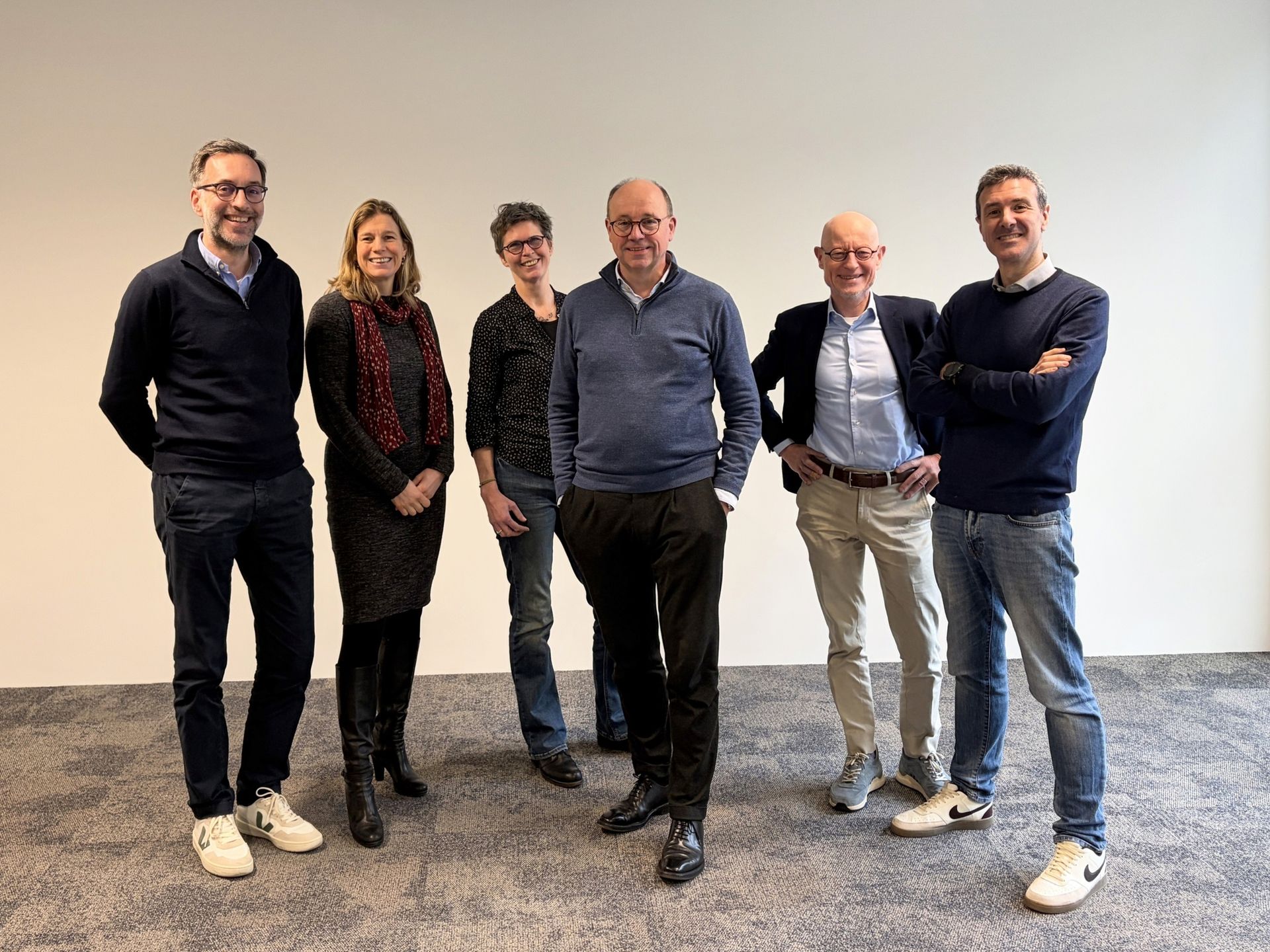Relement in spotlight during launch agenda for green chemistry, new economy at EnZuid
"It's possible! Transforming into a fossil-free industry by 2050. This option is more relevant than ever. Within "Green chemistry, new economy", the large chemical companies, SMEs, start-ups, financial institutions and governments are taking this seriously. Starting from the three chemical clusters in the south of the Netherlands, with parties from the rest of the Netherlands and across borders. Not by managing the probable, but by guiding the possible. We are working on upscaling innovations, which are preferably first demonstrated at the industrial complexes in Zeeuws-Vlaanderen, Moerdijk and Geleen and then also exported to the world market. ”
Arnold Stokking, Managing Director Brightsite and driver of "Green chemistry, new economy"
The action agenda "Green chemistry, new economy" focuses on the accelerated greening of the process industry; starting in the south of the Netherlands. The ambition is to replace substantial quantities of crude oil by recycled and biobased raw materials by 2025, in addition to the use of green electricity-based processes. By upscaling innovations, the industry contribute to the climate goals and new employment.One of the nine upscaling innovations mentioned in the this action agenda are the bio-aromatics from Relement. For that reason Roger Blokland, CEO at Relement has been interviewed to share his vision
Upscaling of product
“We currently still work on a limited, specialty chemistry scale. But bio-aromatics have enormous potential, involving hundreds of billions of euros. We are starting with a "specific obtainable market that still accounts for 2.5 billion euros." Unfortunately, "more expensive" and "more sustainable" do not always go together. We must therefore move towards a scale that will lower the price. Only when sustainable products have a good price, offer a better performance and are also sustainable, will companies join in. And that is exactly what Relement aims for. ”
Chain formation, financing and policy?
“Perhaps what bother us the most: the lack of legislation. Unlike other sectors, the chemical industry does not yet have a legal framework for sustainability. The expectation is that this will now change.
Financing, and in particular seed money for the first phase, is also very difficult. Why? We are aiming for the transition of chemicals production which requires a long lead time. And that is less attractive for capital funds. They prefer a return of investment within a few years. There is interest, but structuring the financing funds does not always allow for this.
In addition, the price is an obstacle. As long as fossil products are very cheap, the chemical industry will not always change towards sustainable products. The oil industry has also been optimized over decades to such an extent that it is hardly possible to compete against it by starting companies with sustainable technology.
Solutions and contribution to Action Agenda "Green chemistry, new economy"
“Legislation requiring sustainability in terms of sustainability requirements would accelerate the transition enormously. In addition, the financing issue: seed money for the 1st phase. Parties such as Invest-NL are working to increase the availability of seed capital in Deep Tech, seed money is really necessary for sustainable start-ups in green chemistry.
Regarding chain formation: we are in contact with several companies. These represent complete valuechain, for example, bio-refineries as raw material suppliers and coating manufacturers as buyers. Entrepreneurs in sustainable chemistry can help and stimulate each other enormously. A network is important.
A very good analysis has been done for the Action Agenda, it will certainly help! I am also very pleased that it provides insight into the scope of green chemistry.
Whether you are talking about your mobile phone, your keyboard or desktop: there are aromatics in everything. But nobody knows!
What we see is that everyone is of good will. We all want to move towards a new and more sustainable chemical industry. Relement is eager to contribute to this necessary transition. ”
Read more (Dutch) here on groenechemie.nl
